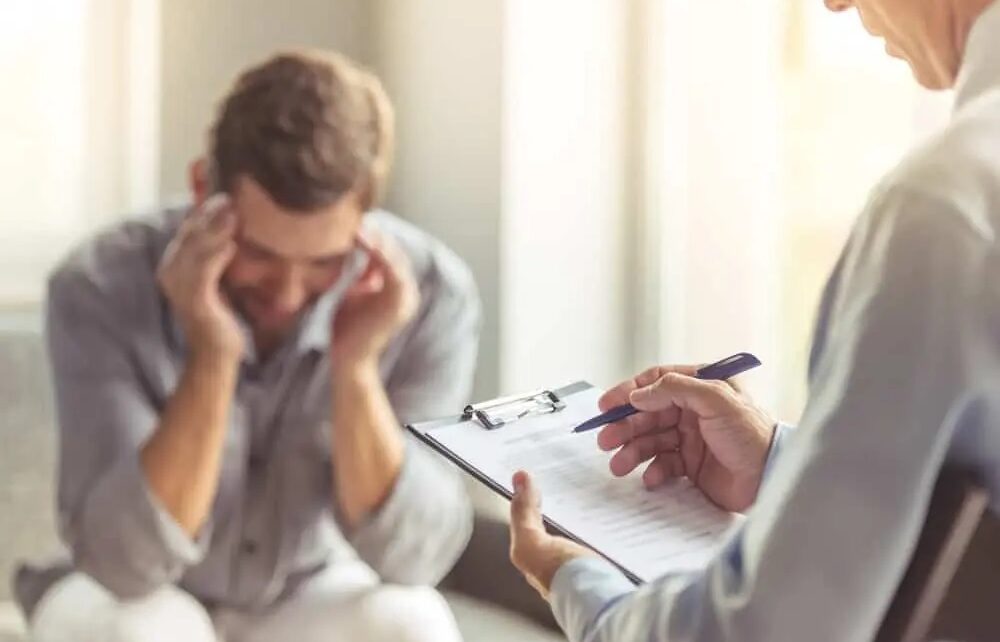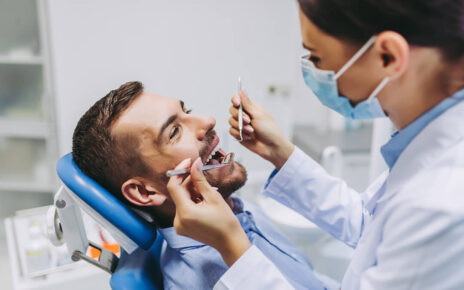In a world where physical health often takes precedence, mental health often gets overlooked. Yet, its significance cannot be overstated. Mental health issues affect millions of people across the United States, impacting their relationships, work, and overall well-being. However, raising awareness about mental health doesn’t always require grand gestures or large-scale campaigns. Sometimes, it’s the small actions that can make a significant difference. Especially in niches like addiction treatment and mental health treatment, starting small can lay the foundation for profound change.
Understanding the Stigma
Before delving into how to raise awareness effectively, it’s crucial to address the elephant in the room: stigma. Stigma surrounding mental health issues often prevents individuals from seeking help or speaking openly about their struggles. This stigma is particularly pronounced in areas like addiction treatment, where misconceptions abound. To combat stigma, education is key.
Educate Yourself and Others
The first step in raising mental health awareness is educating yourself. Learn about different mental health disorders, their symptoms, and available treatments. Attend workshops, read books, or listen to podcasts by mental health professionals. Once you’ve equipped yourself with knowledge, share it with others. Start conversations with your friends, family, or colleagues. Correct misinformation and challenge stereotypes. By being informed and vocal, you can help break down the barriers that prevent people from seeking help.
Utilize Social Media Platforms
Social media platforms offer a powerful tool for raising awareness about mental health. You don’t need a large following to make an impact. Share informative articles, personal stories, or resources for mental health support. Use relevant hashtags to reach a broader audience. Engage with others by commenting on their posts or sharing their content. By using your online presence to advocate for mental health, you can reach people who may not have access to traditional forms of information.
Support Mental Health Initiatives
Many organizations and initiatives are dedicated to promoting mental health awareness and providing support to those in need. Whether it’s a local support group, a national helpline, or a fundraising event, find ways to get involved. Volunteer your time, donate money, or participate in advocacy efforts. By supporting these initiatives, you not only contribute to the cause but also inspire others to do the same.
Practice Self-Care
Taking care of your mental health is just as important as raising awareness about it. Practice self-care regularly by engaging in activities that bring you joy and relaxation. Whether it’s exercise, meditation, or spending time with loved ones, prioritize your well-being. By taking care of yourself, you set an example for others and show that mental health matters.
Be There for Others
Sometimes, all it takes to make a difference is being there for someone who is struggling. Be a supportive listener, offer a shoulder to lean on, or accompany them to therapy appointments. Let them know that they are not alone and that help is available. Your empathy and understanding can make a world of difference to someone battling mental health issues.
Conclusion
Raising mental health awareness doesn’t always require grand gestures or large-scale campaigns. By starting small and taking consistent actions, you can make a meaningful impact in your community and beyond. Whether it’s educating yourself and others, utilizing social media platforms, supporting mental health initiatives, practicing self-care, or being there for others, every effort counts. Together, we can break the stigma surrounding mental health and create a world where everyone feels supported and understood.
If you or a loved one is struggling with mental health and addiction, it is important to know that help is available. 90210 Recovery is a California-based addiction treatment center with a focus on dual-diagnosis treatment. Contact us today to learn more about how we can help you overcome your addiction and strengthen your mental health.





